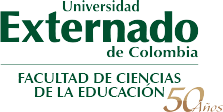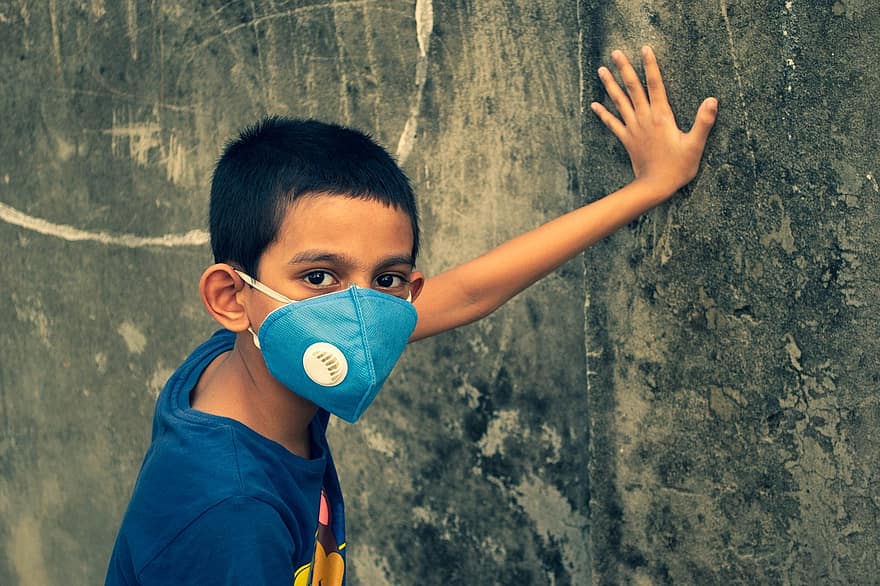19 de agosto de 2021
What is beyond COVID-19? A reflection on unexpected changes
Clara Inés Quiroga Cabra M.A.
The COVID-19 pandemic shook the world at the end of 2019 and early 2020. Desolation, puzzlement, death, and devastation, to say the least, touched each and everyone. The virus contagion rapidly spread causing disease and destruction far and wide the Globe. As most catastrophes, COVID-19 disrupted the flow of day-to-day life. Neither governments, hospitals, nor official institutions were prepared to face and manage the emergency to control disease and the increasing number of deaths. Therefore, governments took extreme measures to reduce human and economic commotion (Eggers et al., 2020).
Based on Eggers’ et al. (2020) analysis, the authors identified three main phases to go through: “Respond, Recover, and Thrive” (para. 4-7). During the first phase, the governments hastened to order closure at all levels, and managed to find financial assistance to face the crisis. In the second phase, the governments drew their attention to the recovery of economy to reduce the negative impact on industrial, commercial, and professional activities. Finally, the third phase has to do with the assessment of the regulations adopted by the governments, to be prepared to face future emergencies. In short, thrive corresponds to the lesson learnt.
These phases also adjust to the system of Colombian education. In response to the sanitary emergency declared by the President of the Republic, the government established preventive measures to manage the control of the COVID-19, without considering the conditions of school communities. According to Ministerio de Educación Nacional (MEN, 2020), public and private institutions were committed to recover and guarantee the development of academic activities through pedagogic strategies to achieve high quality education, disregarding teachers’ availability, and institutional resources and infrastructure. Despite the complexity of the circumstances, and people’s skepticism, teachers could meet students’ expectations.
Regarding expertise to manage remote teaching activities, teachers were criticized for not being prepared to master technology. From this view, it would be worth questioning if the government, the staff of schools and universities, or educational institutions were prepared to develop the new pedagogic model. On this matter, teachers’ awareness of their need to respond to institutional requirements allowed them to embark on technological extended education in search of success in their teaching performance and students’ learning. This corroborates what Núñez and Téllez (2015), emphasize on the value of teachers’ permanent reflection to foster self-assessment to accomplish innovation and professional growth to improve their methodology and teaching procedures.
In addition to their home responsibilities, teachers devoted over time to assist students, not only during the school day, but also tutoring them after class. However, due to the lack of technological and economic resources, especially in rural communities, teachers were impeded to contact their students and teach their classes. This reality ratifies that transformation in education is a social commitment that requires research, planning, and allocation of economic, human, and teaching resources to attain a high-quality system.
References
Eggers, W. D., O’Leary, J., & Chew, B. (2020). Governments’ response to COVID-19. From pandemic crisis to a better future. Deloitte Insights. http://www2.deloitte.com/us/en/insights/economy/civid-19/governments-respond-to-covid-19.html
Ministerio de Educación Nacional. (2020). DIRECTIVA N° 03. ORIENTACIONES PARA EL MANEJO DE LA EMERGENCIA POR COVID-19 POR PARTE DE LOS ESTABLECIMIENTOS PRIVADOS. https://coronaviruscolombia.gov.co/Covid19/docs/decretos/mineducacion/148_mineducacion.pdf
Núñez, A., & Téllez, M. (2015). Reflection on teachers’ personal and professional growth through a materials development seminar. HOW Journal, 22(2), 54-74. http://dx.doi.org/10.19183/how.22.2.151


